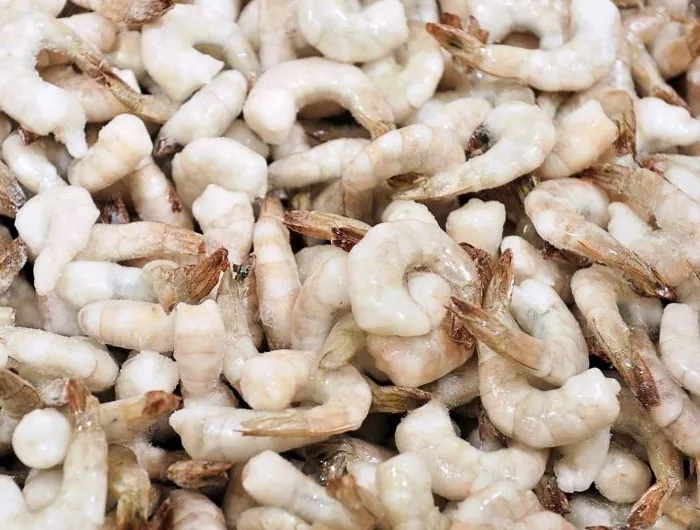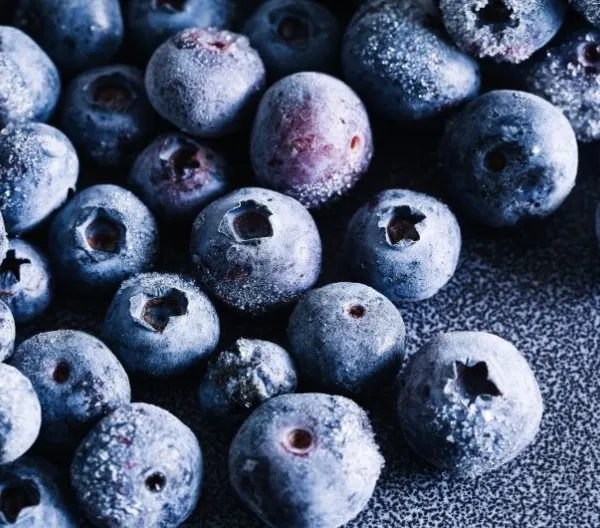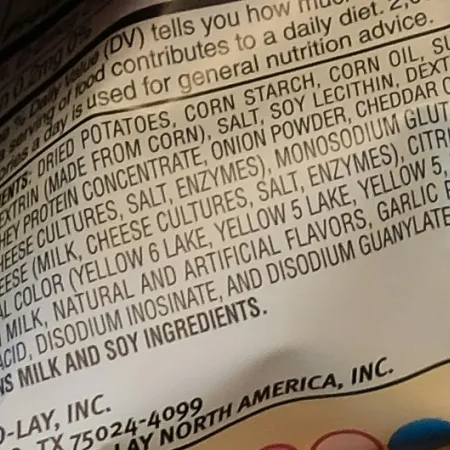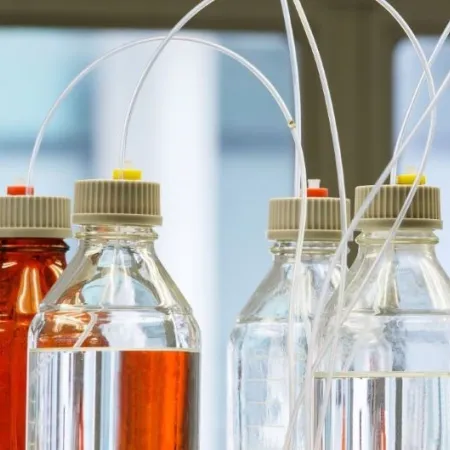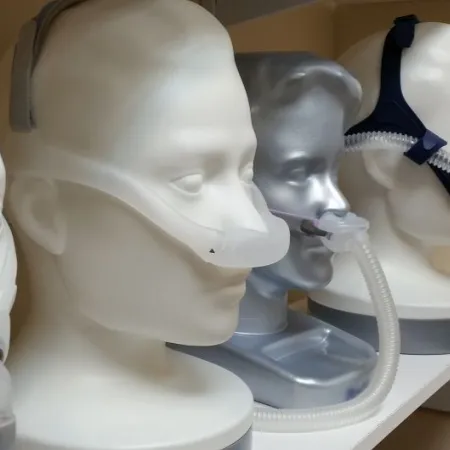Multiple brands of certain frozen raw shrimp products are under recall. The shrimp appear to have been "prepared, packed, or held under insanitary conditions" that potentially caused contamination with Cesium-137, a radioactive isotope sometimes used to irradiate food, according to the FDA. Here's what to look for in your freezer.
BMS Foods, also known as PT. Bahari Makmur Sejati, an Indonesian shellfish supplier, is under investigation by Customs & Border Protection (CBP); a single batch of product, which was not shipped to or sold in the US, tested positive for Cesium-137 contamination. The CBP alerted the FDA, which is now also investigating. BMS Foods supplied frozen shrimp products to Walmart, which sells the product under its Great Value house brand.
Now, Southwind Foods, the parent brand of Sand Bar, Best Yet, First Street, Great American, and Arctic Shores brand shrimp products, is conducting a voluntary recall of frozen raw and cooked shrimp for potential Cesium-137 contamination, as well. The Southwinds products were distributed between Jul. 17 and Aug. 8, 2025, in Alabama, Arizona, California, Massachusetts, Minnesota, Pennsylvania, Utah, Virginia, and Washington.
Which shrimp are contaminated?
Great Value brand is sold by Walmart, the largest grocery retailer in the US. The shrimp supplied by BMS Foods include the following product names, lot codes, and best by dates:
- Great Value brand frozen raw shrimp, lot code: 8005540-1, Best by Date: 3/15/2027
- Great Value brand frozen raw shrimp, lot code: 8005538-1, Best by Date: 3/15/2027
- Great Value brand frozen raw shrimp, lot code: 8005539-1, Best by Date: 3/15/2027
The FDA reports that no product from BMS Foods tested positive for levels of Cesium-137 that would cause "an acute hazard,” and no contaminated product was shipped or sold to the US.
"FDA detected Cs-137 in a single shipment of imported frozen shrimp from PT. Bahari Makmur Sejati that did not enter U.S. commerce. The level of Cs-137 detected in the detained shipment was approximately 68 Bq/kg, which is below FDA’s Derived Intervention Level for Cs-137 of 1200 Bq/kg. At this level, the product would not pose an acute hazard to consumers. Avoiding products like the shipment FDA tested with similar levels of Cs-137 is a measure intended to reduce exposure to low-level radiation that could have health impacts with continued exposure over a long period of time."
Southwinds Foods has recalled products under the brands Sand Bar, Arctic Shores, Best Yet, Great American, and First Street. A complete list of products can be found in the company's recall announcement.
What is Cesium-137?
Cesium-137 is a radioisotope with multiple uses in the medical and food safety industries. There is a small amount of Cs-137 present in the environment as a result of nuclear bomb testing conducted in the 1950s.
According to the CDC:
"External exposure to large amounts of Cs-137 can cause burns, acute radiation sickness, and even death. Exposure to Cs-137 can increase the risk for cancer because of exposure to high-energy gamma radiation. Internal exposure to Cs-137, through ingestion or inhalation, allows the radioactive material to be distributed in the soft tissues, especially muscle tissue, exposing these tissues to the beta particles and gamma radiation and increasing cancer risk."
Long-term, low-dose exposure to Cs-137 is associated with an elevated risk of cancer.
What to do with recalled products
If you own any of the Great Value, Sand Bar, Arctic Shores, Best Yet, First Street, or Great American brand frozen shrimp listed above, dispose of the product immediately. If you believe you have been exposed to Cesium-137, seek medical attention immediately.
Note that no batches of product for sale in the US have tested positive for Cs-137 contamination, according to the FDA:
"At this time, no product that has tested positive or alerted for Cesium-137 (Cs-137) has entered the U.S. commerce. FDA is working with distributors and retailers that received product from PT. Bahari Makmur Sejati after the date of first detection of Cs-137 by Customs & Border Protection (CBP), but from shipments that did not alert for Cs-137, to recommend that firms conduct a recall."
